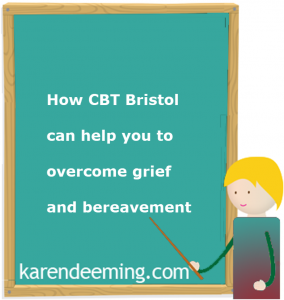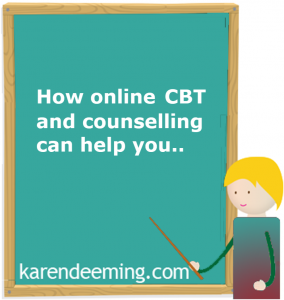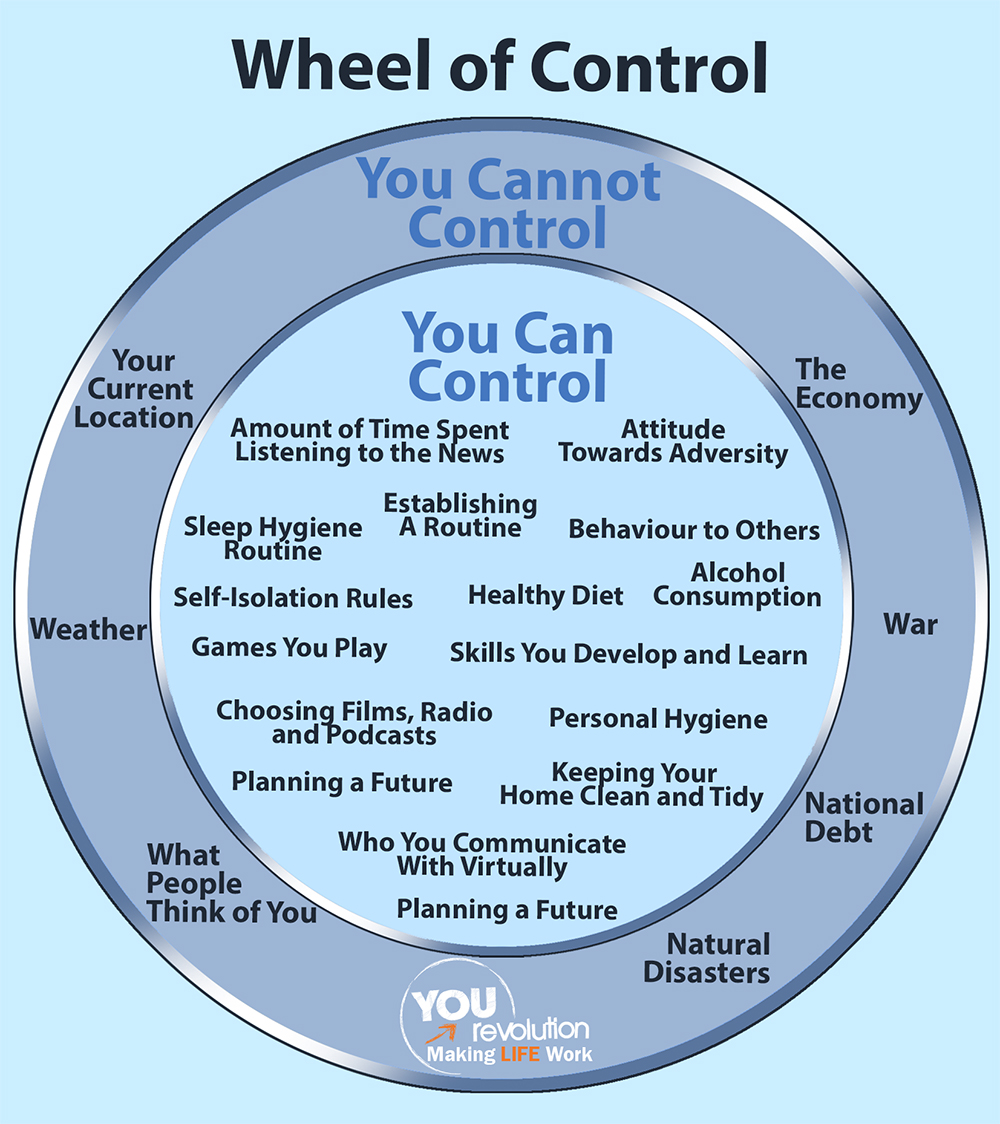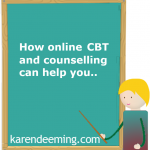
In response to Coronavirus (Covid-19), I am offering telephone, online counselling and CBT sessions via Zoom and WhatsApp.
More Details Here

CBT Bristol to help you overcome bereavement and grief
For many of us, bereavement will be the most distressing experience we will face. Some of my clients have reported difficulties with bereavement and grief, so I thought it might be helpful to discuss how Cognitive Behavioural Therapy (CBT) can help:
So what are bereavement and grief?
Bereavement, also referred to as grief is what we feel when somebody close to us dies. Bereavement can also be experienced when you suffer other losses, such as the ending of a relationship, loss of a job or a change in circumstances. Fundamentally, bereavement is the process of loss.
Bereavement is experienced by everyone differently, there is no ‘right’ or ‘wrong’ way to grieve and no timescales can be put on the grieving process.
The grieving process is a term used to describe the range of emotional and physical symptoms that occur after a loss. The resulting mix of emotions can be overwhelming and coming to terms with your own feelings is the key to finding peace.
So what does bereavement and grief look like for you?
The way grief affects you depends on many things including the type of loss you have suffered, your upbringing, your religion and/or beliefs, your age, your relationships and your health, both emotionally and physically.
You may feel many different things after someone has died or you have experienced a loss. These can include:
- Shock – it may take a long time to grasp and accept what has happened. You may feel numb or for some people, you may carry on as if nothing has happened. What has happened does not make sense.
- Anger – loss can seem cruel and unfair. There can be anger directed at the person or situation that is no longer there. And there can be anger directed at ourselves for things we did or didn’t do, did or didn’t say.
- Pain – feelings of pain and distress when someone dies can be overwhelming and frightening. There can be an intense physical pain where it truly feels like our heart is breaking.
- Guilt – a common reaction. You can feel to blame for the situation or feel regret at not doing enough.
- Longing – thinking that you can hear or see someone who has died is a common experience. It happens because the brain is trying to process and acknowledge the death.
- Depression – life can no longer feel like it holds any meaning and for some they no longer want to be here.
- Anxiety – a bereavement can bring on anxiety and panic attacks. It can make us feel out of control and lack perspective on a situation.
CBT Bristol research findings about stages of grief and bereavement:
It is generally accepted that there are several stages of grief/bereavement that we work through to come out of the other side:
- Accepting that your loss is real, denial. It is very common to refuse to accept that you will not see that person again.
- Experiencing the pain of grief both physically and emotionally.
- Depression is very common, you can feel like you are withdrawing from life. It is a normal and appropriate response to a bereavement.
- Anger, you may feel anger at the person who has died, at yourself, at the world around you.
- Adjusting to life without the person who has died. Routines changing, thinking about yourself.
- Putting less emotional energy into grieving and being able to move on. You start to feel hope again. This is called acceptance.
At CBT Bristol, we have noticed that you will probably go through all of these grief and bereavement stages, but you won’t necessarily move smoothly from one to the next.
The grieving process can be a long one, and as stated earlier, there are no timescales or right or wrong way to experience grief and bereavement. It can often be the case that for some who feel that they are recovering or have moved on to find that they have a set back brought on by maybe a memory, a smell of perfume or a song. This again is normal and can be seen positively as the memory of their loved one living on. But understandably it can also be distressing, particularly if it catches you unawares.
It is very important to be able to share your thoughts and feelings around your grief and bereavement as this will enable you to move more smoothly through the grieving process.
If you feel unable to share with family and friends, CBT Bristol and other counselling professionals can help you to overcome grief and bereavement.
CBT Bristol can also support you in making sense of your feelings and guide you through the process.
Over to you:
If after reading this blog you are still struggling to process your grief and are feeling overwhelmed with painful feelings, distractions and negative thoughts don’t panic or give up just yet.
CBT Bristol bereavement and grief sessions can help you.
So, if you need a bit of extra support and encouragement and a few on line, telephone or face to face CBT sessions why not contact Karen Deeming to arrange an appointment or for a short free introductory chat on 07950 751352 or send an email to: karen@karendeeming.com.
CBT Bristol for bereavement and grief other treatment recommendations:
There are several different options available to support you with managing your grief:
Cognitive Behavioural Therapy (CBT) – focuses on how your thoughts, attitudes and beliefs affect your feelings and behaviour and teaches you coping skills to deal with grief.
See more about CBT here:
Counselling – a talking therapy. Can bring clarity, peace of mind and the answers to the problems that you are struggling with and the unanswered questions you may have.
See more about Counselling here:
Mindfulness – enhances mental and physical wellbeing. Provides exercises and Meditation techniques to enable you to recognise triggers and help to reduce the overwhelming feelings of grief.
See more about Mindfulness here:
References
www.Cruse.org.uk
www.facingbereavement.co.uk
www.nhs.uk
You can book your appointment here or you can contact me on (044) +7950 751352 for outside the UK or 07950 751352 inside the UK. Alternatively by email: karen@karendeeming.com.






![Karen_Deeminga[1]](http://www.karendeeming.com/wp-content/uploads/2015/09/being-practice-self-portrait-e1541437891746.jpg) Welcome to my site. if you have any queries then please
Welcome to my site. if you have any queries then please

